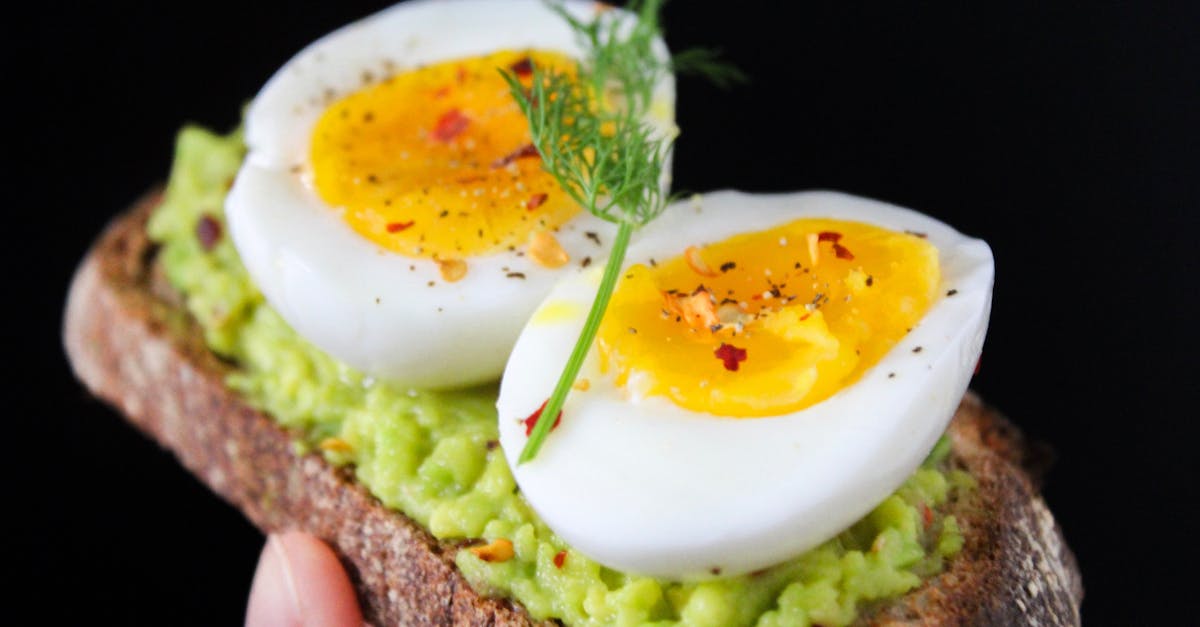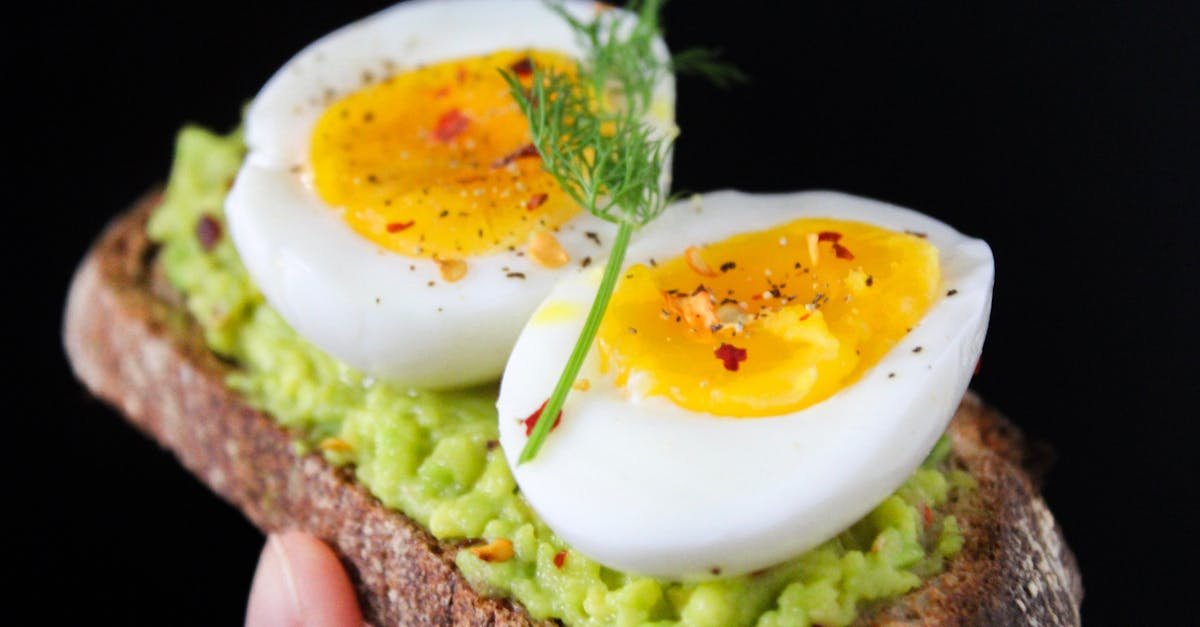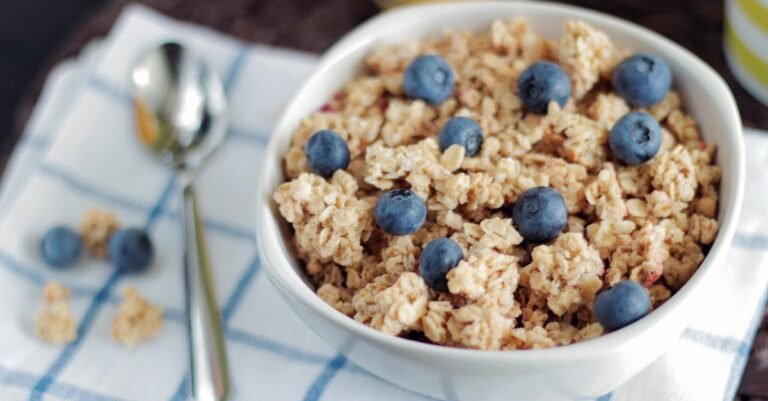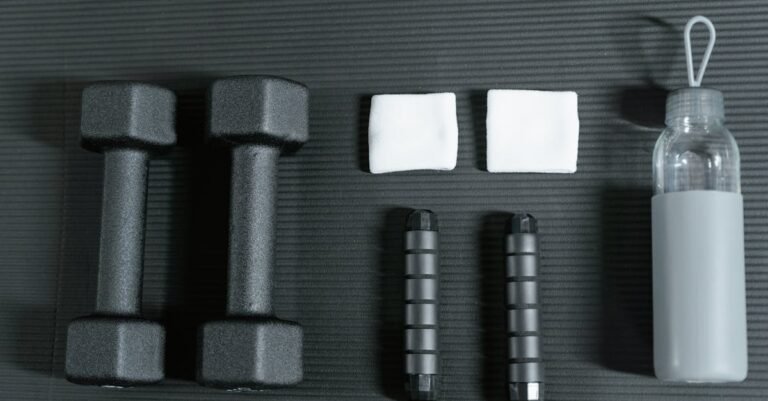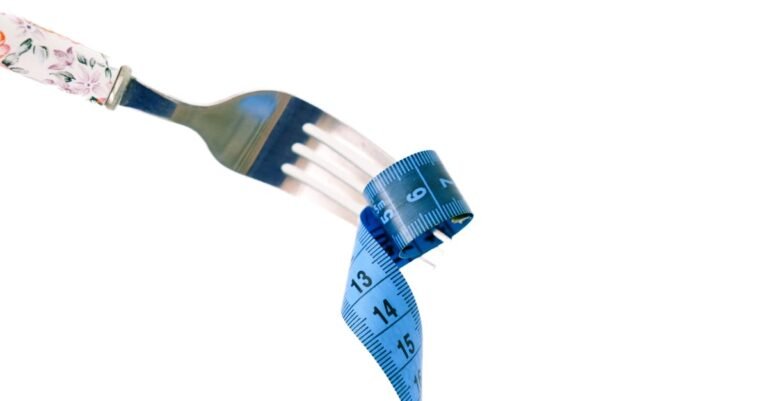Table of Contents
Fuel Your Fitness: Awesome Healthy Breakfast Ideas Before A Workout
Why Bother Eating Before a Workout Anyway?
The Science Bit: Energy, Performance, and Muscle Preservation
Timing is Everything: When Should You Eat?
The Golden Rules of Pre-Workout Breakfasts
Macronutrient Magic: Carbs, Protein, and Fat Explained
Carbs: Your Primary Fuel Source
Protein: Muscle Repair and Growth
Fats: Slow Energy Release (Use Wisely!)
Hydration Station: Don’t Forget the Fluids!
Top Healthy Pre-Workout Breakfast Ideas
Quick & Easy Wins (Less than 60 Mins Before)
Banana Power: Nature’s Energy Bar
A Handful of Berries & Greek Yogurt
Rice Cakes with Peanut Butter Lite
More Substantial Fuel (1-2 Hours Before)
Oatmeal: The Classic Champion
Whole-Wheat Toast with Avocado & Egg
Smoothies: Blend Your Way to Energy
What to AVOID Before Hitting the Gym
The Saboteurs: High Fat, High Fiber, Sugary Traps
Tailoring Your Breakfast to Your Workout
Cardio vs. Strength Training: Different Needs?
Listen to Your Body: The Ultimate Guide
Conclusion: Breakfast Like a Champion
Frequently Asked Questions (FAQs)
Fuel Your Fitness: Awesome Healthy Breakfast Ideas Before A Workout
Okay, let’s talk breakfast. Not just any breakfast, but the kind that sets you up for an amazing workout. You know, the kind that makes you feel energized, strong, and ready to absolutely crush your fitness goals? Skipping breakfast before hitting the gym, or worse, grabbing something totally wrong, can feel like trying to drive a sports car on an empty tank – you just won’t get the performance you’re looking for. So, what’s the secret sauce? What magical combination of foods can transform your morning sweat session from a struggle into a triumph? Stick around, because we’re diving deep into healthy breakfast ideas specifically designed to fuel your pre-workout needs.
Why Bother Eating Before a Workout Anyway?
Right, you might be thinking, “Can’t I just roll out of bed and go?” Especially if you’re an early bird exerciser. While fasted cardio has its proponents (and its place, sometimes), fueling up beforehand generally offers some significant advantages. Think of your body like a high-performance machine. Would you expect peak output without the right fuel? Probably not!
The Science Bit: Energy, Performance, and Muscle Preservation
Let’s get slightly technical, but keep it simple. Your body primarily uses glycogen (stored carbohydrates) for energy during moderate to high-intensity exercise. When you wake up, especially if you haven’t eaten since dinner the night before, your liver glycogen stores are pretty low. Eating breakfast helps top up these stores, giving you readily available energy to power through your workout. This means you can potentially work out harder, for longer, and feel better doing it.
Imagine trying to lift weights or sprint when you’re running on fumes – it’s not efficient, and frankly, it’s not much fun. Having fuel in the tank can significantly improve your performance, whether that’s running an extra mile, lifting heavier weights, or just maintaining better form throughout your session.
What about your muscles? When you exercise, especially without adequate fuel, your body might start breaking down muscle tissue for energy – something we definitely want to avoid! Consuming carbohydrates and a bit of protein before your workout can help prevent this muscle breakdown (catabolism) and promote muscle protein synthesis (the building process) afterwards. It’s like giving your muscles a heads-up that they’re about to work, along with the basic building blocks they might need.
Timing is Everything: When Should You Eat?
Okay, so eating is good, but when should you eat? This is crucial. Eating a massive meal right before you start jumping around is a recipe for cramps, sluggishness, and maybe even an unwelcome revisit from your breakfast. On the flip side, eating too early might mean you’ve already burned through that fuel before your workout even begins.
The sweet spot generally depends on the size and composition of your meal:
- Larger Meal (Balanced Carbs, Protein, Moderate Fat): Aim for 2-3 hours before your workout. This gives your body ample time to digest and absorb the nutrients. Think a full breakfast like oatmeal with fruit and nuts, or eggs with whole-wheat toast and avocado.
- Smaller Meal or Snack (Mostly Carbs, Some Protein): About 1-2 hours before is usually ideal. This could be something like Greek yogurt with berries, a small smoothie, or a piece of fruit with a handful of almonds.
- Quick Snack (Easily Digestible Carbs): If you’re really short on time, like 30-60 minutes before, stick to something super simple and carbohydrate-focused, like a banana, a few dates, or a small sports drink.
Experimentation is key here. What works perfectly for your gym buddy might leave you feeling bloated. Pay attention to how your body feels during your workout based on what and when you ate.
The Golden Rules of Pre-Workout Breakfasts
While individual needs vary, there are some general principles that make for a great pre-workout breakfast. Think of these as your guiding stars on the path to optimal workout fuel.
Macronutrient Magic: Carbs, Protein, and Fat Explained
Getting the balance of macronutrients (carbohydrates, protein, and fats) right is perhaps the most important rule. Each plays a distinct role in fueling your body.
Carbs: Your Primary Fuel Source
Carbohydrates are your best friend before a workout. Seriously. They break down into glucose, which your muscles use as their main source of energy. Skimping on carbs pre-workout is like trying to start a fire without kindling – it’s just much harder work! Focus on complex carbohydrates (like oats, whole-wheat bread, quinoa, brown rice) if you have more time (2+ hours) as they provide sustained energy release. If you’re eating closer to your workout (within an hour or so), simpler carbs (like fruits, particularly bananas, or even a bit of honey) are better as they digest faster and provide quicker energy. Don’t fear the carbs; embrace them strategically!
Protein: Muscle Repair and Growth
While carbs are the star for energy, protein plays a vital supporting role. Including some protein in your pre-workout meal can help kickstart muscle protein synthesis, reduce muscle breakdown during exercise, and potentially aid in recovery afterwards. You don’t need a massive amount – think 10-20 grams depending on the timing and your overall needs. Good sources include Greek yogurt, eggs, lean meats (though maybe not ideal right before a workout due to digestion time), protein powder (in smoothies), or even nuts and seeds in moderation.
Fats: Slow Energy Release (Use Wisely!)
Fats are essential for overall health, but they take the longest to digest. Eating a high-fat meal right before exercising can sit heavy in your stomach, slow down digestion of other nutrients, and potentially lead to discomfort or sluggishness. While healthy fats (like those in avocado, nuts, and seeds) are great, keep the portion size small in your immediate pre-workout meal, especially if you’re eating within 1-2 hours of your session. Save the larger portions of healthy fats for other meals throughout the day.
Hydration Station: Don’t Forget the Fluids!
This isn’t technically *food*, but it’s absolutely critical. Dehydration can zap your energy, decrease performance, cause cramping, and just generally make your workout feel way harder than it needs to be. Start hydrating well before your breakfast and continue sipping water alongside your meal and leading up to your workout. Aim for clear or pale yellow urine as a good indicator of hydration. Don’t wait until you’re thirsty – by then, you’re already slightly dehydrated!
Top Healthy Pre-Workout Breakfast Ideas
Alright, enough theory, let’s get practical! What are some actual, delicious, and effective breakfast options you can whip up before you sweat? We’ll break them down by how much time you have.
Quick & Easy Wins (Less than 60 Mins Before)
Pressed for time? Woke up late? No problem! These options are easily digestible and provide a quick hit of energy.
Banana Power: Nature’s Energy Bar
Is there a more iconic pre-workout snack? Bananas are packed with easily digestible carbohydrates (hello, quick energy!) and potassium, an electrolyte important for muscle function and fluid balance. They’re portable, require zero prep, and are gentle on the stomach. Pair it with a small glass of water, and you’re good to go.
A Handful of Berries & Greek Yogurt
A small bowl (think maybe half a cup or slightly more) of Greek yogurt provides a nice dose of protein, while a handful of berries (like blueberries, raspberries, or strawberries) offers carbohydrates and antioxidants. Opt for plain Greek yogurt to avoid added sugars. This combo is light, refreshing, and hits both carb and protein notes effectively for a quick fuel-up.
Rice Cakes with Peanut Butter Lite
Two plain rice cakes offer quick-digesting carbs. Top them with a thin layer of peanut butter (or almond butter). Emphasis on *thin* – remember, we want to keep fat intake low right before exercise. This gives you a little protein and fat for satiety but focuses primarily on easily accessible carbs.
More Substantial Fuel (1-2 Hours Before)
If you’ve got a bit more time, you can opt for something more balanced and substantial that will provide more sustained energy release.
Oatmeal: The Classic Champion
It’s a classic for a reason! Rolled oats or steel-cut oats (if you have time for the longer cooking) provide excellent complex carbohydrates for sustained energy. Cook them with water or milk (dairy or plant-based). Boost the nutritional value and flavor by adding toppings:
- Carbs/Flavor: Berries, sliced banana, a drizzle of maple syrup or honey.
- Protein/Healthy Fats (in moderation): A sprinkle of chia seeds, flax seeds, chopped nuts, or a small scoop of protein powder stirred in.
Just be mindful of adding too much fat or fiber if you’re sensitive to it before exercise.
Whole-Wheat Toast with Avocado & Egg
This is a fantastic, balanced option. One or two slices of whole-wheat toast provide complex carbs and fiber. Top with about a quarter to half an avocado for healthy fats and creaminess (adjust based on your tolerance and timing). Add one or two eggs (scrambled, poached, or boiled) for high-quality protein. Season with a pinch of salt and pepper. This combination offers sustained energy, protein for muscle support, and healthy fats – perfect if you have around 2 hours before your workout.
Smoothies: Blend Your Way to Energy
Smoothies are incredibly versatile and easy to digest, making them a pre-workout powerhouse. You control exactly what goes in. A great pre-workout smoothie formula often includes:
- Liquid Base: Water, coconut water, almond milk, or dairy milk.
- Carbohydrate Source: Fruits (banana, berries, mango), maybe even some rolled oats.
- Protein Boost: Greek yogurt, a scoop of protein powder (whey, casein, or plant-based), or silken tofu.
- Healthy Fat (Optional/Small Amount): A tablespoon of nut butter, chia seeds, or flax seeds.
- Optional Extras: Spinach (you won’t taste it!), a dash of cinnamon.
Blend it all up, and you have a nutrient-packed, easily consumable meal. Adjust the thickness and ingredients based on how close you are to your workout.
What to AVOID Before Hitting the Gym
Knowing what *not* to eat is just as important as knowing what to eat. Consuming the wrong things can lead to digestive distress, energy crashes, and an overall unpleasant workout experience. Steer clear of these culprits:
The Saboteurs: High Fat, High Fiber, Sugary Traps
- High-Fat Foods: Fried foods, greasy bacon or sausage, heavy cream sauces, pastries. These take ages to digest, sit heavily in your stomach, and can divert blood flow away from your muscles towards your digestive system. Not ideal when you’re trying to bang out reps or hit a new running PR.
- Excessively High-Fiber Foods: While fiber is great for overall health, too much right before a workout (especially if you’re not used to it) can cause gas, bloating, and cramping. Think large servings of beans, lentils, cruciferous vegetables (like broccoli or cauliflower), or very high-fiber cereals. Keep pre-workout fiber moderate.
- Sugary Drinks and Snacks: Sugary cereals, candy bars, donuts, or large glasses of sugary juice might give you a quick energy spike, but it’s often followed by a rapid crash. This insulin spike and subsequent drop can leave you feeling more tired than when you started. Stick to more complex carbs or natural sugars from fruit for sustained energy.
- Spicy Foods: These can sometimes cause heartburn or digestive upset during physical exertion. Probably best saved for post-workout refueling.
- Carbonated Beverages: Can lead to gas and bloating. Stick to water.
Basically, keep it relatively simple, focus on carbs, add some protein, limit fat and excessive fiber, and stay hydrated!
Tailoring Your Breakfast to Your Workout
Does the type of workout you’re doing influence your breakfast choice? Absolutely! While the core principles remain the same (carbs for fuel!), you might tweak things slightly based on your activity.
Cardio vs. Strength Training: Different Needs?
- Endurance Cardio (e.g., long run, cycling): Carbohydrates are paramount here as you’ll be tapping heavily into glycogen stores for sustained effort. Prioritize easily digestible carbs, especially if the workout is long or intense. Timing is crucial to avoid digestive issues during repetitive motion. Oatmeal, bananas, or a smoothie 1-2 hours before are great choices. Ensure adequate hydration!
- Strength Training: Carbs are still important for energy to lift heavy and complete your reps, but protein takes on slightly more importance pre-workout here to help minimize muscle breakdown and prime the muscles for recovery and growth. A meal like whole-wheat toast with egg and avocado, or Greek yogurt with fruit and a sprinkle of nuts, works well 1.5-2 hours before.
- High-Intensity Interval Training (HIIT): This demands quick bursts of power, so easily accessible energy from carbohydrates is key. Because HIIT is often intense and involves jarring movements, avoid overly large or heavy meals close to the session. A banana, a small smoothie, or Greek yogurt about 60-90 minutes prior is often sufficient.
Remember, these are general guidelines. The intensity and duration within each category also matter. A light jog requires less fuel than a marathon; a few sets of bicep curls require less than a heavy leg day.
Listen to Your Body: The Ultimate Guide
Honestly, all the advice in the world can’t replace paying attention to your own body’s signals. We’re all unique! Metabolism, digestion speed, food sensitivities, and even how well you slept can influence how you react to pre-workout fuel.
What works wonders for one person might cause cramps for another. Don’t be afraid to experiment. Keep a simple log if it helps: note what you ate, when you ate it, and how you felt during your workout (energy levels, digestion, performance). Over time, you’ll identify patterns and discover your personal pre-workout perfection.
Did that oatmeal 90 minutes before feel great? Stick with it. Did the smoothie 30 minutes prior feel sloshy? Try eating it earlier or adjusting the ingredients. Your body is constantly giving you feedback – learn to listen to it!
Conclusion: Breakfast Like a Champion
So there you have it! Fueling your body correctly before a workout isn’t rocket science, but it does require a little thought and planning. Prioritizing easily digestible carbohydrates, including a moderate amount of protein, keeping fats low, staying hydrated, and nailing the timing are your keys to success. Whether you grab a quick banana or sit down to a bowl of oatmeal, the goal is the same: provide your body with the energy it needs to perform at its best, prevent muscle breakdown, and make your workout feel more effective and enjoyable. Forget running on empty; start your fitness sessions fueled, focused, and ready to conquer. Now go make yourself a champion’s breakfast!
Frequently Asked Questions (FAQs)
1. Is it okay to work out on an empty stomach?
It depends. For low-intensity, shorter duration cardio, some people feel fine working out fasted. However, for moderate to high-intensity or longer workouts, or strength training, eating beforehand generally improves performance, provides energy, and helps preserve muscle mass. Listen to your body, but fueling up is often beneficial.
2. How much water should I drink before a workout?
Aim to be well-hydrated throughout the day. Specifically before a workout, try to drink about 16-20 ounces (around 500-600 ml) of water 2-3 hours beforehand, and another 8 ounces (about 240 ml) 20-30 minutes before you start. Continue sipping during your workout as needed.
3. Can I just drink coffee before my workout instead of eating?
Coffee (caffeine) can be a performance enhancer for many people, boosting alertness and reducing perceived exertion. However, it doesn’t provide energy in the form of calories (unless you add sugar/milk). It’s best used alongside a small, carb-focused snack if you need fuel, rather than as a replacement for breakfast, especially for longer or more intense sessions.
4. What if I exercise very early in the morning (e.g., 5 AM)?
This is where easily digestible options shine. Waking up 2 hours early to eat isn’t practical! Try having a small, easily digestible snack like half a banana, a few dates, or a small amount of applesauce 20-30 minutes before you head out. Alternatively, ensure you had a balanced, carb-rich meal the night before.
5. Do pre-workout supplements count as a pre-workout meal?
Not really. Pre-workout supplements typically contain stimulants (like caffeine), amino acids, and other ingredients designed to boost performance and focus, but they usually lack the substantial carbohydrates needed for sustained energy. They can be part of your pre-workout routine, but shouldn’t replace actual food fuel if your workout demands it.
